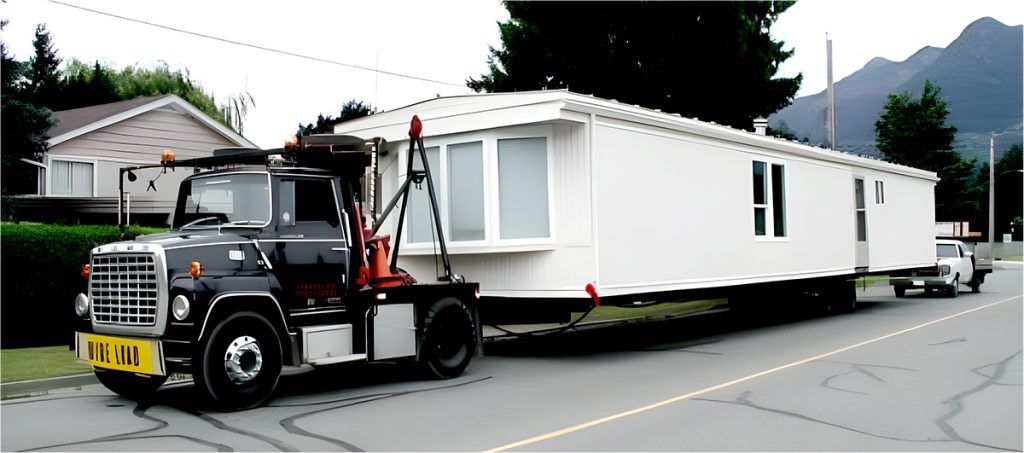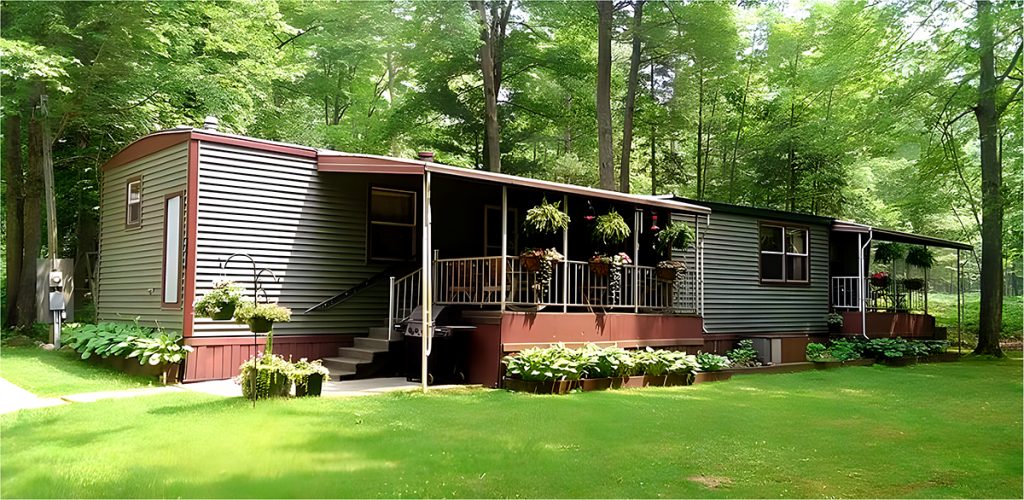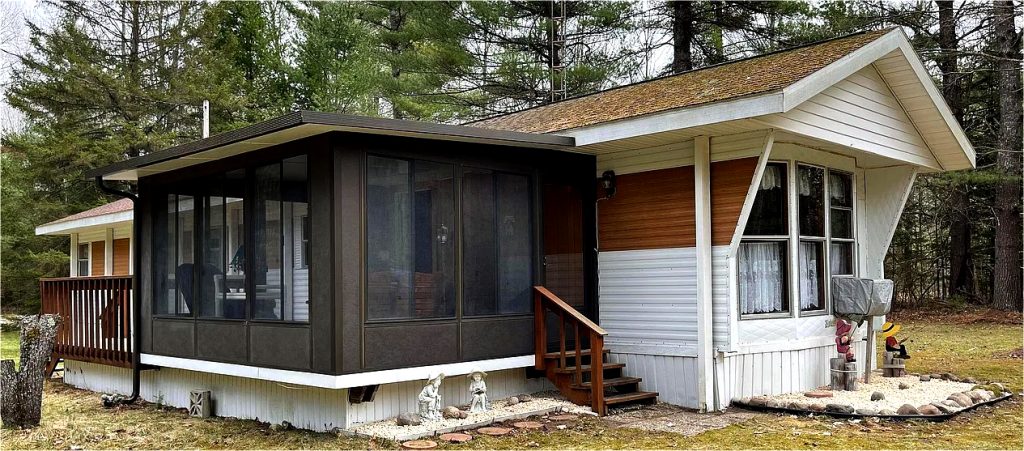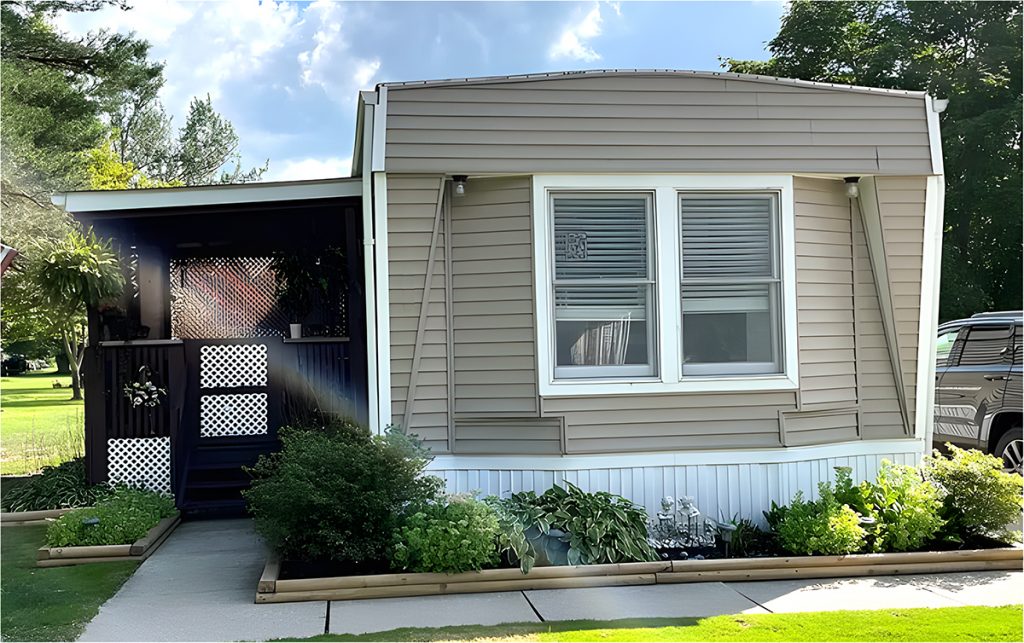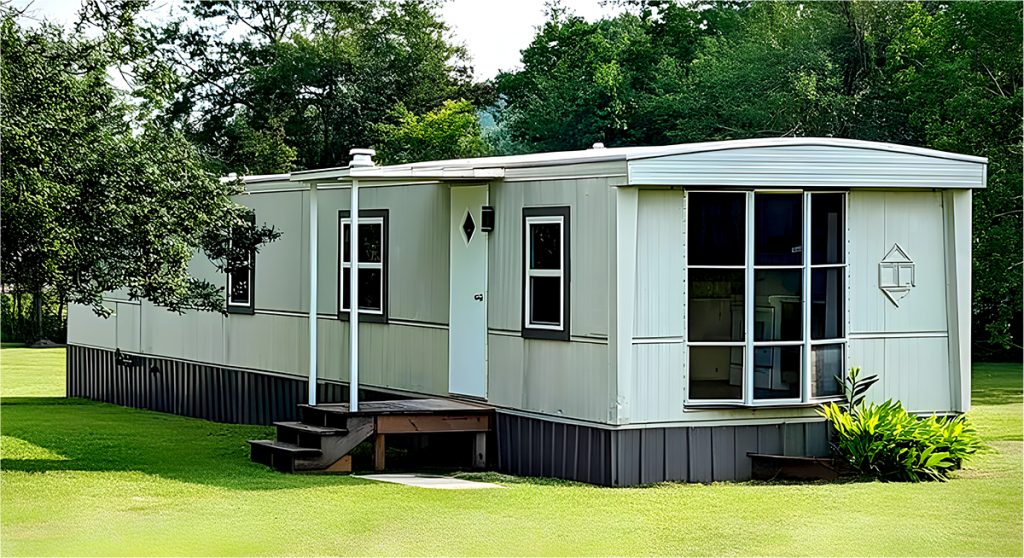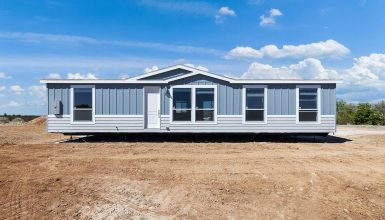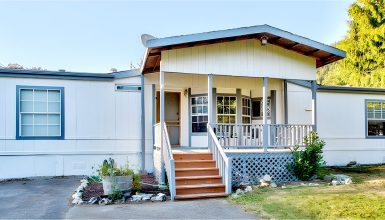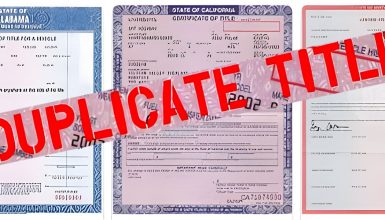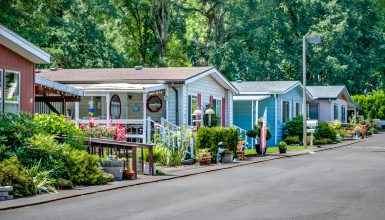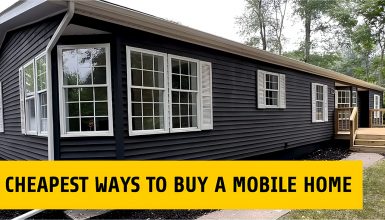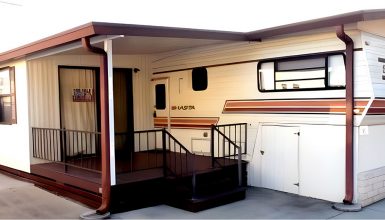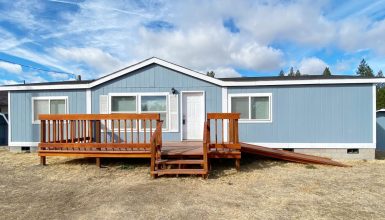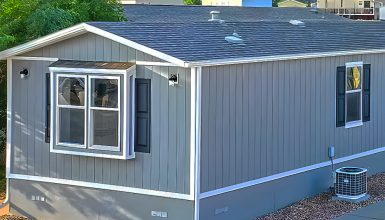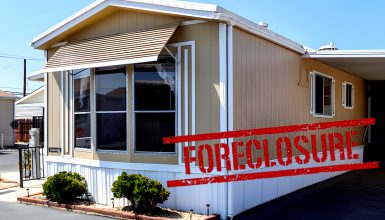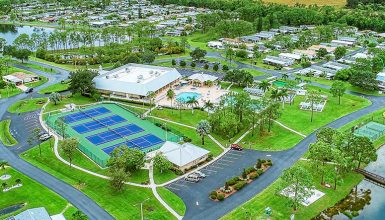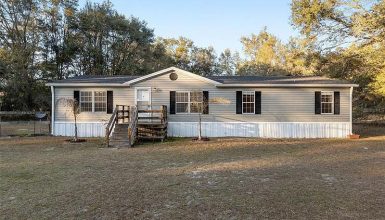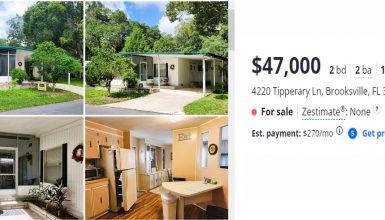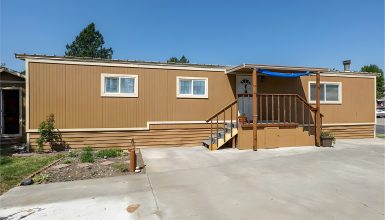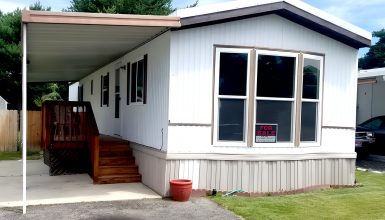Imagine realizing your cherished mobile home has crossed the age limit for a hassle-free relocation. Quite a setback, right? That’s why understanding the age limits for moving mobile homes is a game changer. It’s the roadmap guiding you to make informed decisions, avoiding costly mistakes and heartache. So, let’s dive in!
Image: Pinterest
Age Limits by State
Let’s zoom in on the diverse landscape of age limits that greet mobile home owners in various states. Picture taking a road trip through different states; each has its flavor, and the rules for moving mobile homes are no different.
Florida
First stop, sunny Florida! Generally, the Sunshine State waves a flag of a 20-year age limit on mobile homes. But hang on. Some counties roll out their red carpets with distinct rules. It’s always a bright idea to check with the local bigwigs for the most current scoop.
California
Swinging over to California, the Golden State generally embraces mobile homes that are 30 years young or less. However, we all know California cherishes diversity, right? So, it’s no surprise that different mobile home parks might invite you in with open arms, even with a home over 30 years old! Make a call, strike a chat, and find that perfect spot for your beloved abode.
Texas
In this vast state, the rules are as diverse as its landscapes. While some places give a hearty handshake to mobile homes of any age, others might have a strict door policy. The motto here is to do a bit of local sleuthing to uncover the age limits in your chosen haven.
New York
Let’s hop over to New York. The Big Apple and its surrounding areas play by their own rules. You’ll find that mobile home park policies can be as diverse as the city itself. So, roll up your sleeves and dive deep into the specifics of each park to find your perfect match.
Georgia
Last stop, gorgeous Georgia. Georgia gracefully dances to its tune with no stringent state-wide age restriction on moving mobile homes. However, don’t start packing just yet! The local counties might have sprinkled their own set of rules on this wide-open dance floor. A quick chat with the local authorities can give you the lay of the land.
So there we have it, a snapshot of the varied landscapes that await as you consider relocating your mobile home. Remember, in this ever-changing mosaic, some research goes a long way in finding the right spot for your mobile paradise.
Why do Age Limits Exist?
Oh, the age-old question: why do these age limits even exist? Let’s unravel this one layer at a time.
1. Safety concerns
First and foremost, let’s talk about safety, the cornerstone of any home. As mobile homes age, they can develop issues like wiring troubles or structural weaknesses. Setting an age limit ensures that homes rolling into a new neighborhood meet safety standards, protecting the homeowner and the entire community.
2. Aesthetic reasons
Next up, we enter the realm of aesthetics. Picture a well-maintained mobile home park with neat lawns and modern home designs. Now, maintaining this visual harmony becomes a tad easier when homes are within a certain age bracket—creating an environment that’s pleasing to the eye for everyone involved. It’s about creating a neighborhood where every home compliments the other, showcasing a communal canvas of beauty and style.
3. Infrastructure and facility management
Lastly, let’s navigate the world of infrastructure and facility management. Mobile home parks are like well-oiled machines, running seamlessly with a diligent behind-the-scenes crew managing facilities and utilities. Bringing in an older home can sometimes mean facing infrastructure hiccups, from plumbing to electric setups. Age limits ensure a smoother integration into the existing grid. Providing the community remains a haven of convenience and functionality.
How to Find Specific Information for Your Area
First off, let’s put those government websites to good use. They are a treasure trove of official information. Think of them as your first port of call, offering you the lowdown on all the rules and regulations in your locale.
Next on the list, we have the mobile home communities themselves. Reach out, make a call, or even pay a visit. They are on the ground, clearly showing what flies and what doesn’t. Picture them as seasoned guides ready to walk you through the nuances of the local landscape.
And here’s where real estate agents strut in, the superheroes in the world of homes. They know the lay of the land and the details that can sometimes be overlooked. A chat with a local agent can equip you with insider tips and steer you in the right direction, transforming potential roadblocks into smooth pathways.
Let’s not forget the power of community! Word of mouth remains a strong ally. Neighbors, friends, and family can often provide insights born of lived experiences, offering you a vivid, ground-level perspective that is as real as it gets.
Tips for Moving an Older Mobile Home
So, you’ve got an older mobile home, and you’re thinking of moving? Exciting times are ahead! But, before we pack up and hit the road, let’s arm ourselves with a few golden tips to make the journey smooth.
1. Dive deep with Research
Start by getting cozy with your laptop or local library. Understand the specific guidelines and potential pitfalls for relocating an older mobile home in your area. Knowledge is power, and a bit of reading can save you from surprise detours later on.
2. Gather your Documentation
Think of this as gathering your squad. Essential papers like the home’s title, age proof, and any past inspection reports are crucial. They’re your ticket to show that your mobile home is ready for its next adventure.
3. Schedule an Inspection
Consider this a wellness check for your home. A thorough inspection can spotlight areas that need love and attention. It is better to catch and fix any issues now than face roadblocks during the move.
4. Consulting an expert
Real estate agents and mobile home professionals have a wealth of experience. They’ve seen it all and can offer tailored advice to sidestep potential hiccups. It’s like having a trusted friend guide you through the maze.
5. Preparation
It’s action time once you’ve got all the info and insights. Ensure your home is move-ready. Secure loose items, check all fixtures, and maybe even throw a farewell party for the neighborhood!
Older Mobile Home Moving Costs
Let’s dive into the dollars and cents of moving an older mobile home. It’s a topic close to every homeowner’s heart, isn’t it?
First, moving a trailer isn’t a small feat; it comes with a price tag. But let’s break it down to make it less daunting.
1. Transporting Your Home
Imagine a massive truck coming in to whisk your home away to its new haven. The transportation cost usually falls in the ballpark of $5,000 to $15,000. Variables like the size of your home and the distance to its new location play significant parts in deciding the exact number.
2. Permit Fees
Next up, let’s chat about the permits. They are like the golden tickets granting your home passage through various cities and states. The costs here vary widely, but budgeting around $ 1,000 should keep you safe.
3. Site Preparation
Then, there’s the warm welcome you want to give your home at its new address. Prepping the new site, laying foundations, and getting utilities hooked up can total around $5,000. It’s all about setting the stage for your home to shine!
Example
Let’s bring this to life with the Johnson family. The Johnsons have a medium-sized, 20-year-old mobile home. They did their research and found a picture-perfect plot 50 miles away. After meticulous preparation, their moving bill looked something like this:
- Transportation: $8,000
- Permit fees: $1,000
- Site preparation: $5,000
Adding it all up, the Johnson family waved goodbye to their old neighborhood and hello to their new one, with a total expenditure of $14,000. A hefty sum, but the joy of settling into their dream locale? Priceless!

